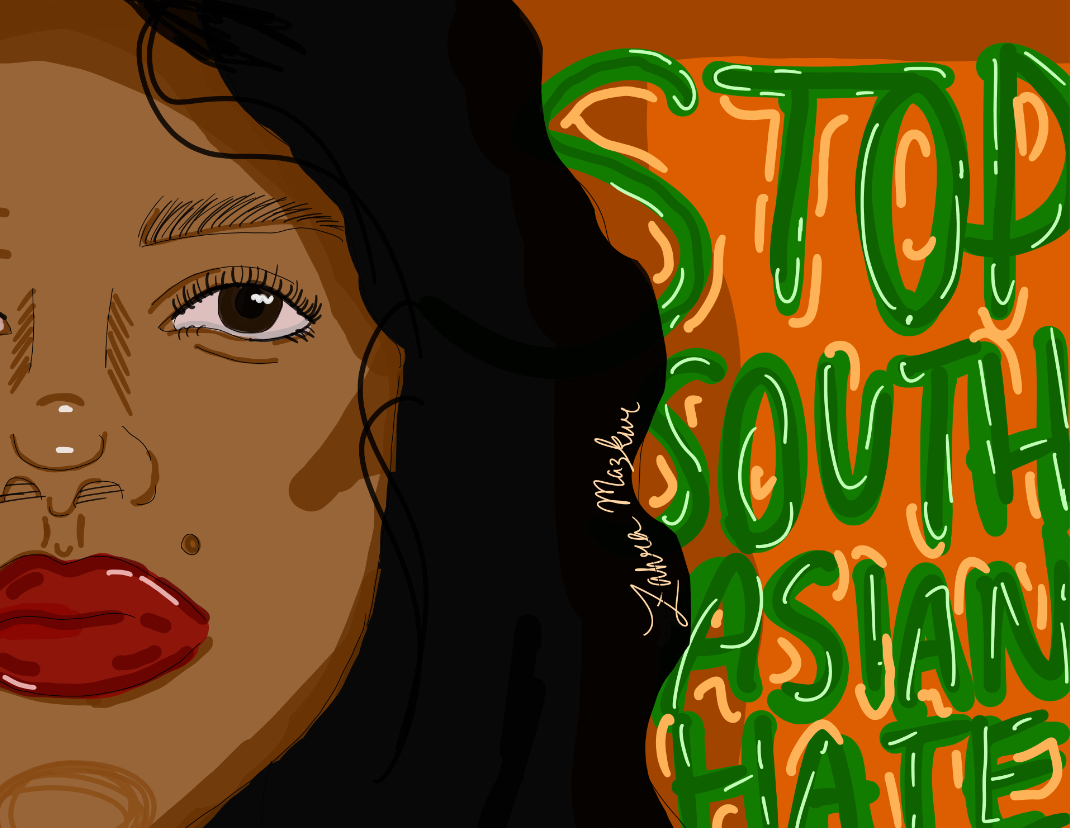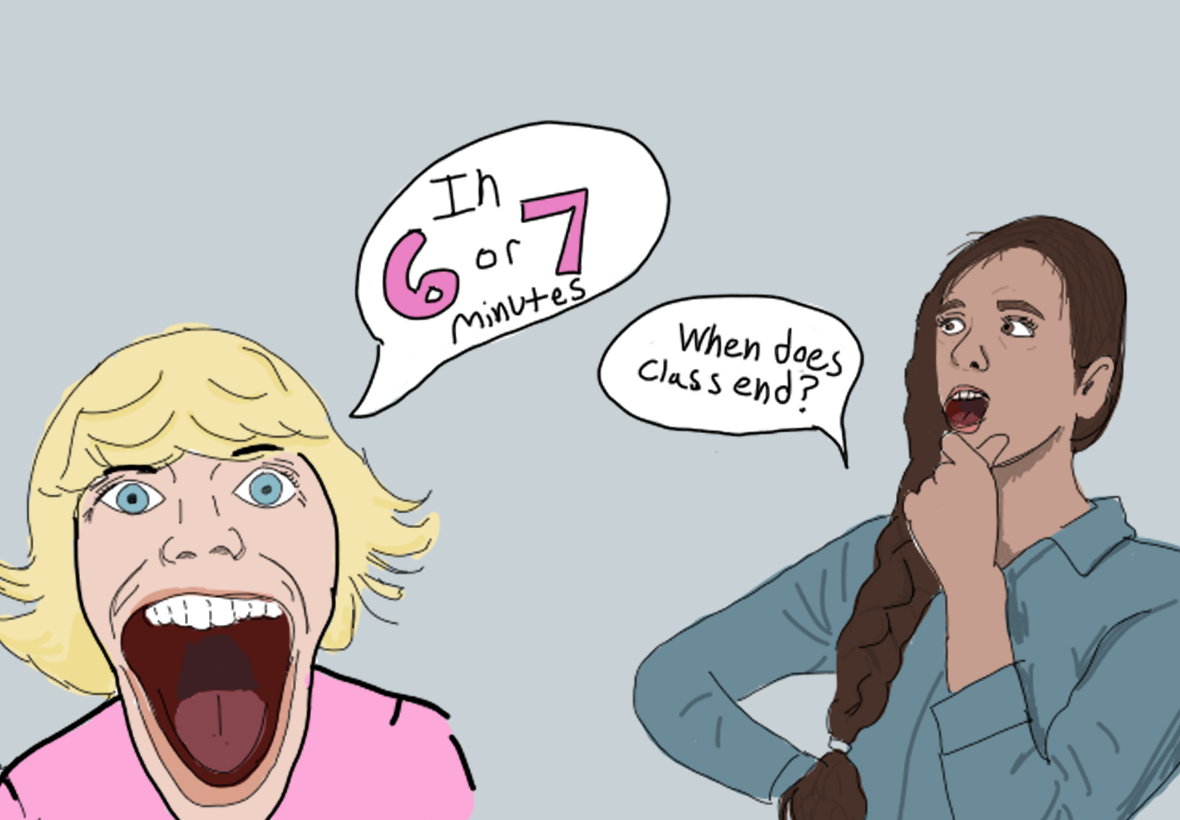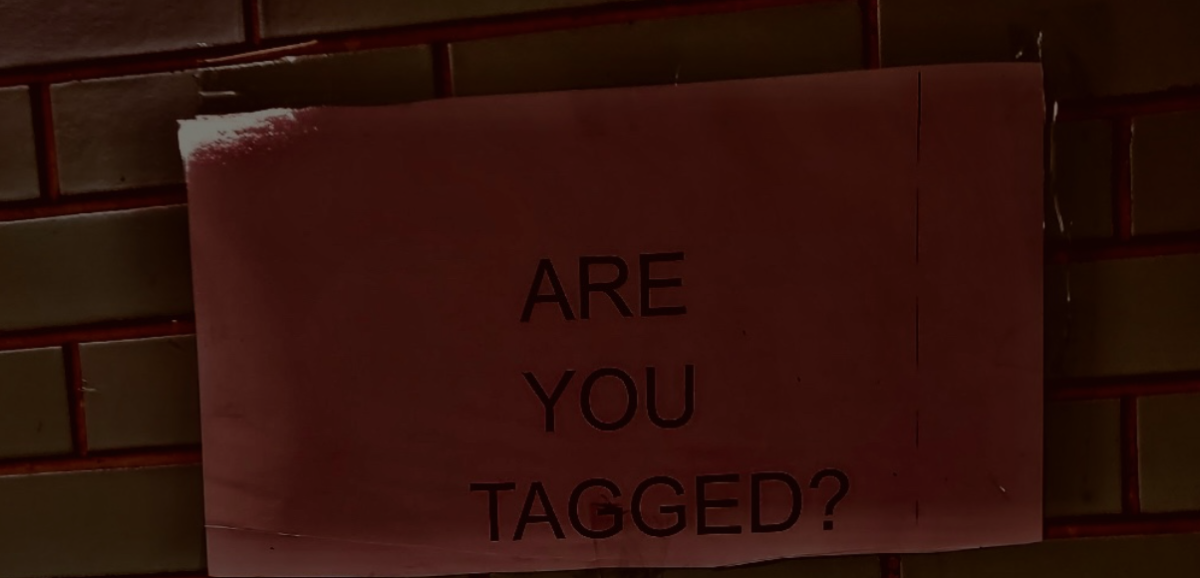After six months, both the writers’ strike and the actors’ strike have concluded. The writers’ strike lasted 148 days, and the actors’ strike lasted 118 days. The writers’ strike ended with the WGA ratifying a contract with 99% of members agreeing.
SAG-AFTRA also settled their contract dispute with an agreement.
“It hasn’t impacted me personally, but I do appreciate the people involved in the strike,” special education teacher Ms. Trainor said.
The new contract will be in effect until June 30, 2026. It calls for an increase in the writers’ weekly wages by 5% in 2023, 4% in 2024 and 3.5% in 2025. A guaranteed staff minimum in the writers’ room and protection against the usage of artificial intelligence is also included.
The contract for the actors includes similar agreements. Performers will earn increases in wages of 7% in 2023, 4% in July 2024, and 3.5% in July 2025. This also includes an 11% increase in pay for background actors which went into effect on November 12. Protections related to AI, casting, content streaming, and a minimum number requirement for background actors were also added.
“The people who work hard to make these shows happen deserve good treatment and it is important that their voices are heard and needs are met,” eighth grader Jasmin Jani said. “The pushbacks are minor compared to the real problem which is unfair treatment the writers have endured because, without them, the shows and art wouldn’t even be here.”
The strikes took a toll on the industry by delaying movie and TV show production and pushing back releases. Now with the strikes over and the contracts in place, movies and shows are being announced and released. Late-night shows like “The Tonight Show Starring Jimmy Fallon,” “Jimmy Kimmel Live,” “The Late Show With Stephen Colbert” and “Late Night With Seth Meyers” were the first to come back. Movies and shows that have been pushed back due to the strike such as “Dune: Part Two,” “Lord of the Rings: The War of the Rohirrim,” ”Beetlejuice 2,” ”The Last of Us” and “Euphoria” are back in production.
“It was worth it because it was successful and the writers got extra pay they waited bitterly for,” seventh-grader David John said.
Not all of the outcomes of this strike have been positive. As a result of the strike, over 17 thousand people have lost their jobs. This includes writers, broadcasters, actors and voice actors. On top of this, the economy of southern California and other production-heavy states lost an estimated $6.5 billion. Film studios were also hit; as no projects were released, no money was being made.
Entertainment fans are looking forward to seeing new shows and movies return after the long content drought and are hoping that harmony reigns in Hollywood.
































